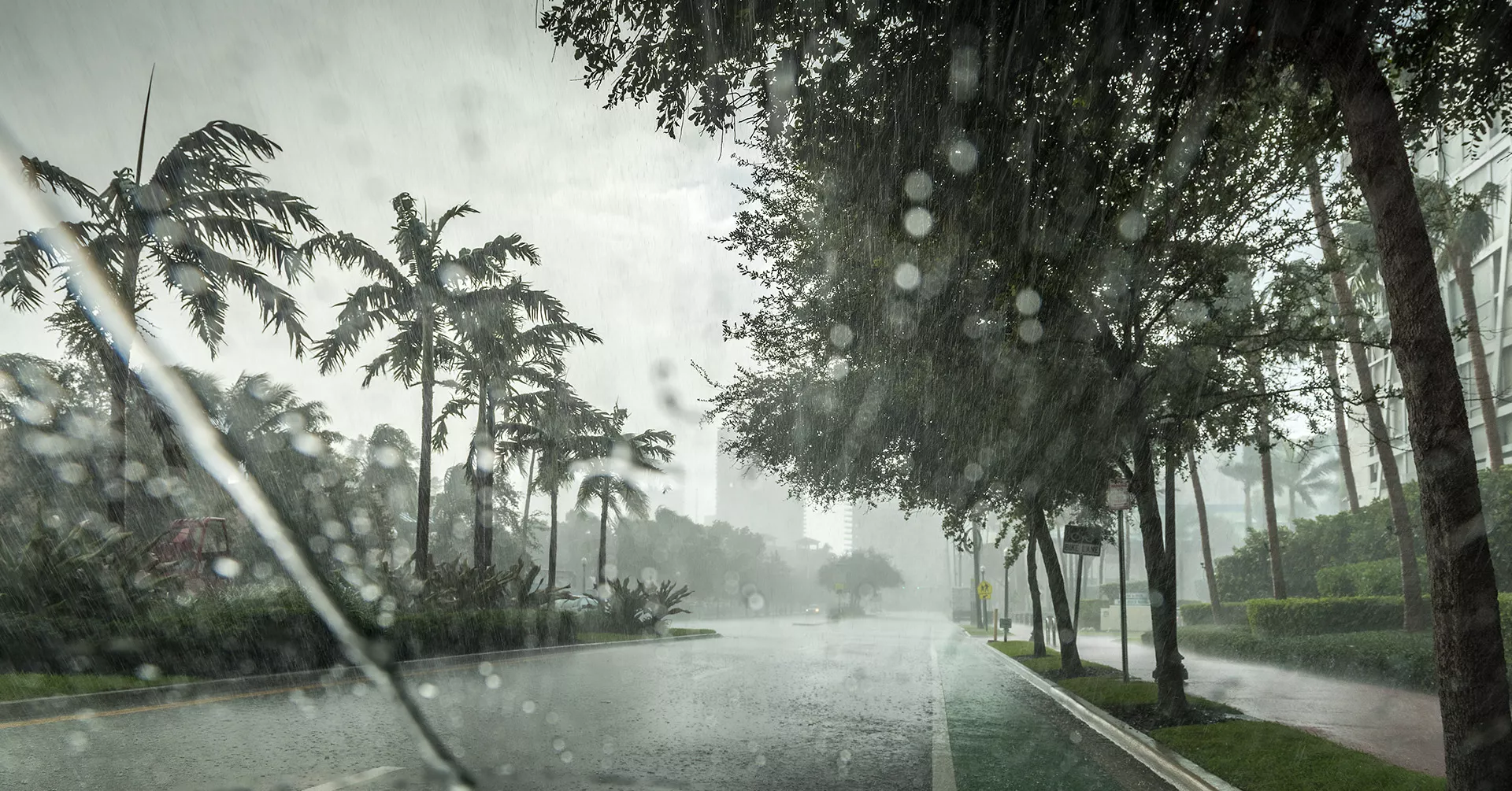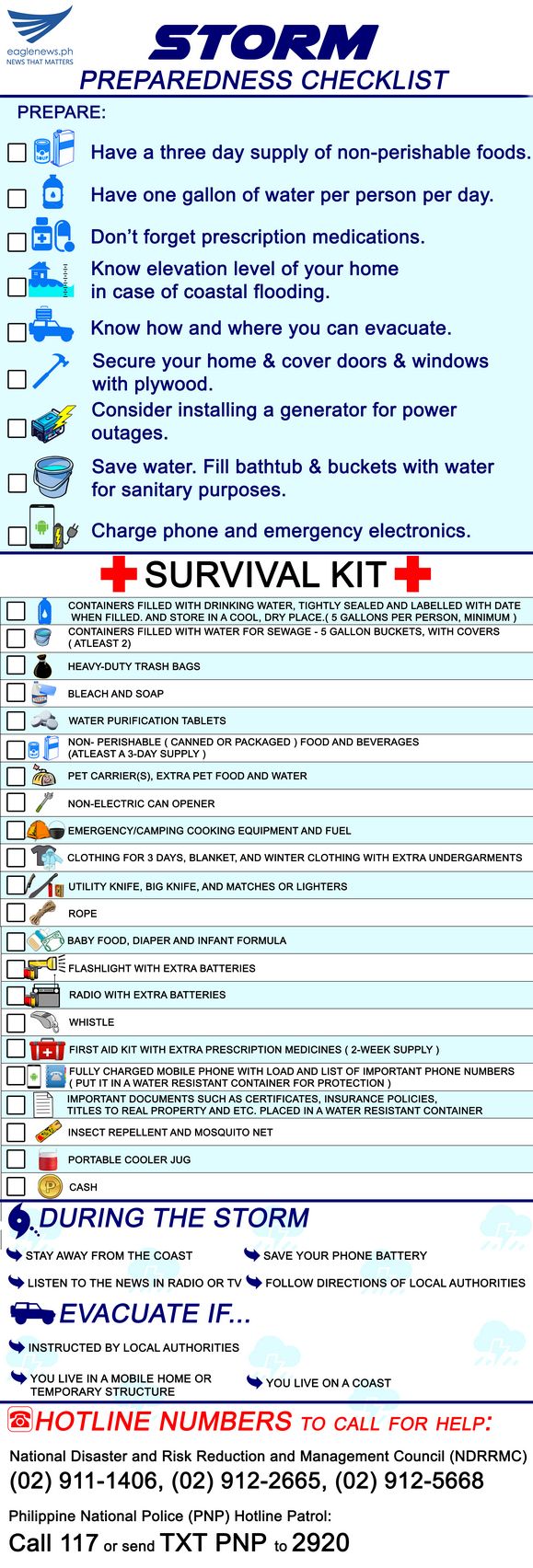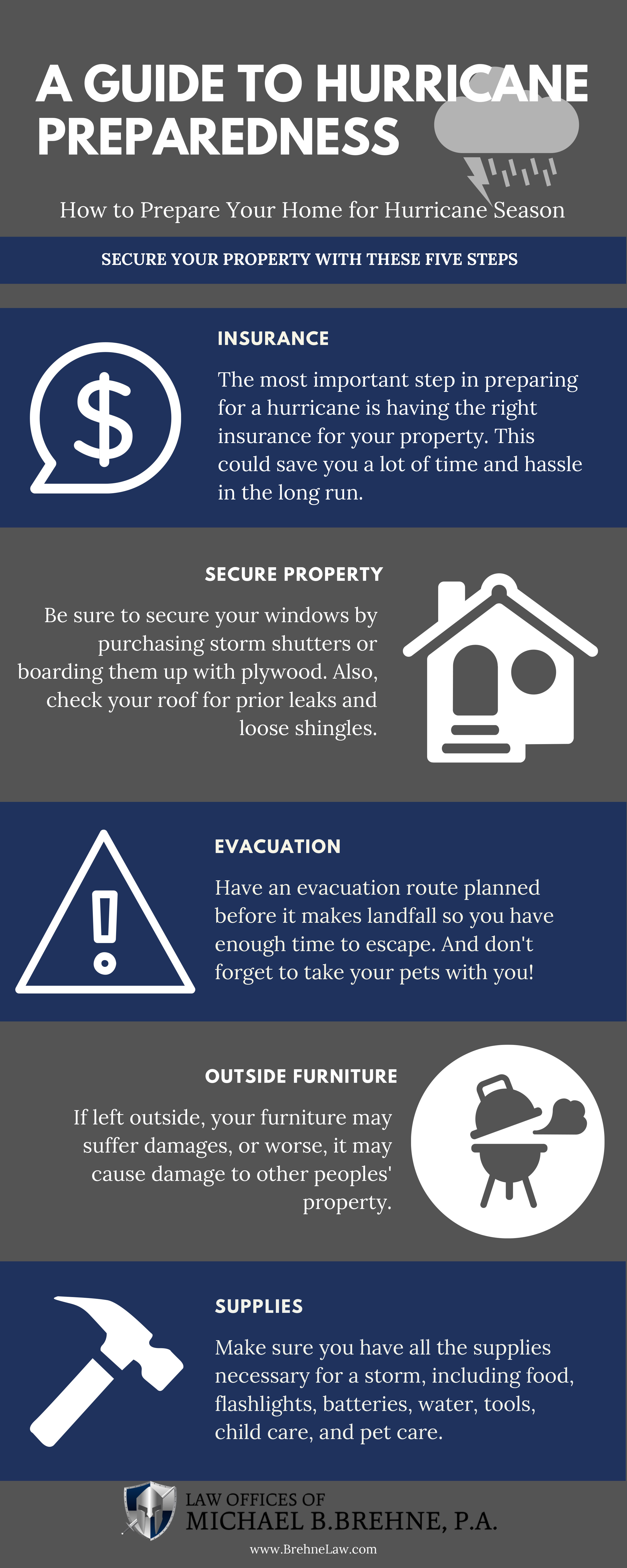

- #HURRICANE PREPAREDNESS CHECKLIST BUSINESSES PORTABLE#
- #HURRICANE PREPAREDNESS CHECKLIST BUSINESSES WINDOWS#

Follow everyday preventive actions, including covering coughs and sneezes, washing your hands often, and avoiding touching your eyes, nose, and mouth with unwashed hands.
#HURRICANE PREPAREDNESS CHECKLIST BUSINESSES WINDOWS#
After the storm passes, if it is safe to do so, you can open windows and doors.
#HURRICANE PREPAREDNESS CHECKLIST BUSINESSES PORTABLE#
If you have power, you can use fans and portable HEPA air cleaners, and run your HVAC fan continuously.
Ventilate the home to the extent you can. Disaster Declarations are made by states to keep track of what is happening and provide immediate resources. This is especially important before gathering with individuals with certain medical conditions, older adults, those who are immunocompromised, or people who are not up to date on their COVID-19 vaccines, including children who cannot get vaccinated yet. If you have personal (non-business) losses, register with FEMA here or call FEMA: (800) 621-3362 or TTY (800) 462-7585. Consider taking rapid COVID-19 tests if possible before sharing living spaces. Write down your hurricane preparedness plan now, before its too late: Have a contact list (family, friends, doctors, utilities, vet, etc.) Have at least one contact outside the storm impact area. Know what to do if someone gets sick with COVID-19.ĭoes either household have someone at high risk of getting very sick from COVID-19, including older adults or people of any age who have certain medical conditions? Make sure everyone knows what they can do to keep them safe from COVID-19. If you have to travel away from your community to evacuate, follow safety precautions for travelers to protect yourself and others from COVID-19.Ħ Things to Remember Before Staying with Others. Typically, when shelters accommodate pets, the pets are housed in a separate area from people. Find out if your disaster shelter will accept pets. Make a plan and prepare a disaster kit for your pets. Follow guidance from your local public health or emergency management officials on when and where to shelter. If you need to go to a disaster shelter, follow CDC recommendations for staying safe and healthy in a public disaster shelter during the COVID-19 pandemic. Find out if your local public shelter is open, in case you need to evacuate your home and go there. 
Have several ways to receive weather alerts, such as National Weather Service cell phone alerts, NOAA Weather Radio, or ( Twitter alerts.Include items that can help protect you and others from COVID-19, such as hand sanitizer with at least 60% alcohol, bar or liquid soap, disinfectant wipes (if available) and multiple, clean masks for everyone age 2 or older. If you may need to evacuate, prepare a “go kit” with personal items you cannot do without during an emergency. Have several ways to receive weather alerts.Add hand sanitizer and masks to your go kit.







 0 kommentar(er)
0 kommentar(er)
